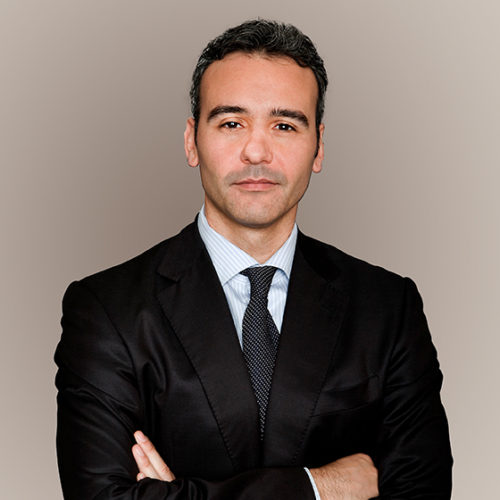For this reason, according to established case law, the mere acquisition and holding of shares in and of themselves do not constitute an economic activity for VAT purposes, since they do not consist of exploiting an asset with the aim of obtaining income on a continuous basis over time. Instead, acquiring and holding shares is aimed at obtaining profit generated by the subsidiaries in the form of dividends. The consequence of this is that holding companies cannot deduct the VAT incurred upon purchasing goods and contracting services. This means that VAT becomes yet another expense for them.
However, there are also entities referred to as “mixed holding companies.” Mixed holding companies not only hold shares and stocks of their subsidiaries, they are also directly or indirectly involved in their management, e.g. by supporting strategic management, digitisation, accounting policies, etc. Such mixed holding companies may deduct the VAT they incur as long as there is a direct link between the services or goods purchased and the services invoiced.
This is a broad outline of the EU doctrine on this matter. The doctrine is evolving continuously due to the wide array of cases that this type of company tends to generate in order to conduct investments in business groups. A recent ruling by the Court of Justice of the European Union dealt with the case of a (mixed) holding company providing management and accounting support services which also contributed engineering and marketing services, etc. as ancillary capital contributions (aportaciones sociales accesorias) to the same subsidiary. Obviously, the holding company paid VAT for these services, which it ultimately could not deduct.
The reason lies in the comments above: there was no connection between the services the holding provided as ancillary capital contributions (engineering services, marketing services, etc.) and its economic activity (management support). Deducting the tax was, therefore, inadmissible. The second reason was that the income the holding company would obtain for the aforementioned ancillary capital contributions would not be from issuing invoices for services subject to VAT, but from participating in the company’s general profits in the form of dividends.
It is therefore essential for holding companies to tailor the corporate purpose and the goods and services to be purchased to the specific activity to be carried out; furthermore, they must agree on the appropriate way to provide these services to the subsidiaries in order to avoid VAT becoming yet another expense for the company.
